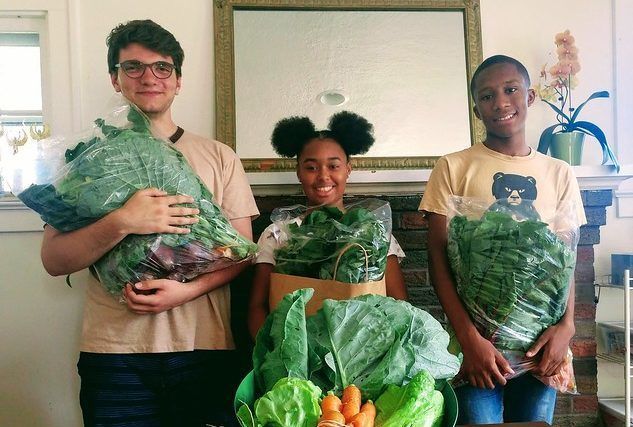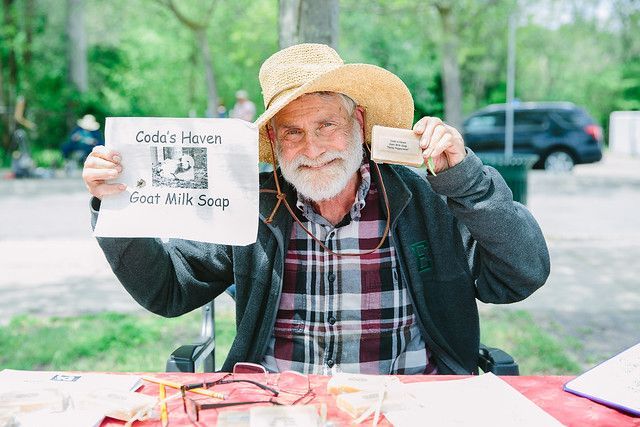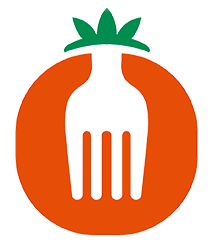Article
Chefs in the Garden 2024
Growing Hope Announces Return of Chefs in the Garden Fundraiser with Two-Night Dinner Series
YPSILANTI, Mich. (July 2024) – Growing Hope is thrilled to announce the return of the beloved Chefs in the Garden fundraiser, set to take place on Sept. 15, 2024, and Sept. 22, 2024, at the Growing Hope Farm in Ypsilanti. Beginning at 5 pm each evening, the two-part dinner series featuring celebrated chefs Kiki Louya and Ji Hye Kim will offer an experience of local farm-to-table food and encourage support for strengthening our local food system. In addition to the memorable dining experience, attendees will enjoy auctions, raffles, and live entertainment.
After a break in 2023, guests can expect to experience the first Chefs in the Garden joint fundraiser with the partnership of Detroit Food Academy on Sept. 15th. Both organizations share a mission for youth programming in local food systems through culinary arts, sustainable farming, entrepreneurship, education, and leadership in local communities. The evening will feature a three-course dinner with dessert, prepared by Chef Kiki Louya, recognized as one of “16 Black Chefs Changing Food in America” by the New York Times and other notable chefs from Detroit Food Academy. Working alongside teen program participants from Detroit Food Academy and Growing Hope, this collaboration showcases culinary talent and highlights the importance of youth engagement in food systems.
Growing Hope is delighted to welcome back Chef Ji Hye Kim, award-winning chef/owner of Miss Kim in Ann Arbor. Known for her food rooted in Korean tradition and adapted to showcase Michigan’s bountiful produce, her family-style meal will shine seasonally and locally. Her return to Chefs in the Garden is highly anticipated, as she is committed to prioritizing fair wages, benefits, and equity in the industry and has participated in programs like James Beard Chef Boot Camp for Policy Change and Food Lab Detroit’s Fellowship for Change in Food and Labor.
Tickets for each evening of Chefs in the Garden will be available starting July 29. Tickets for the Sept. 15 event with Chef Kiki Louya are priced at $150, and tickets for the Sept. 22 event with Chef Ji Hye Kim are priced at $125. All proceeds from the Sept. 15 event will support Detroit Food Academy and Growing Hope’s efforts in empowering Detroit and Ypsilanti youth. “I am beyond excited to host these phenomenal, mission-minded chefs at our farm this season; I think our community is in for a truly transformational meal.” -Julius Buzzard, Executive Director.
You can purchase tickets for September 15 with Detroit Food Academy and September 22 with Chef Ji Hye Kim online on or after July 29.
share this
Related Articles
Related Articles
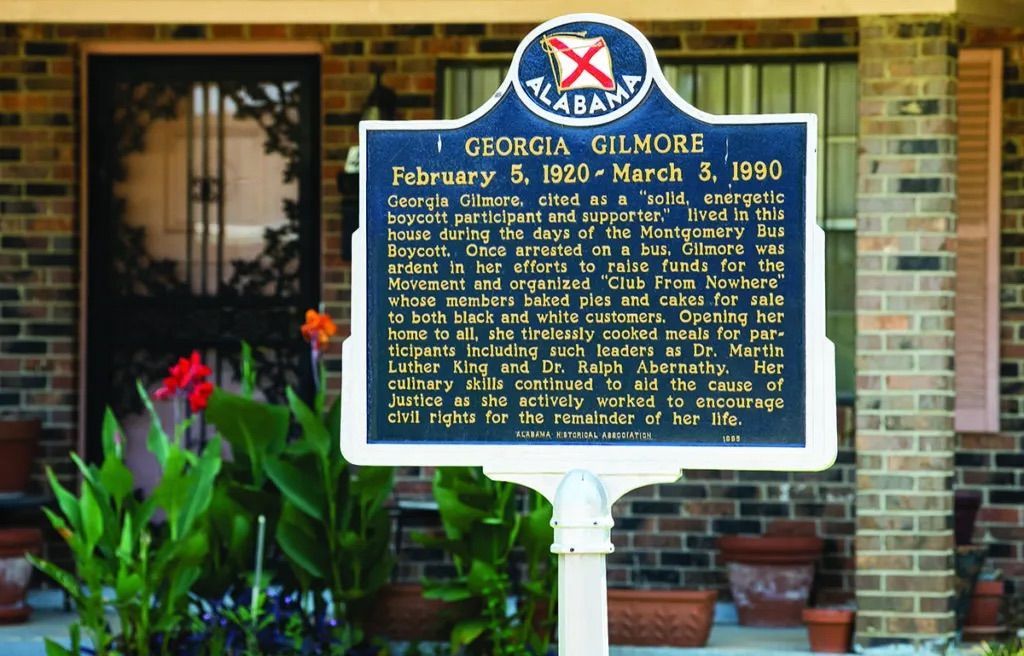

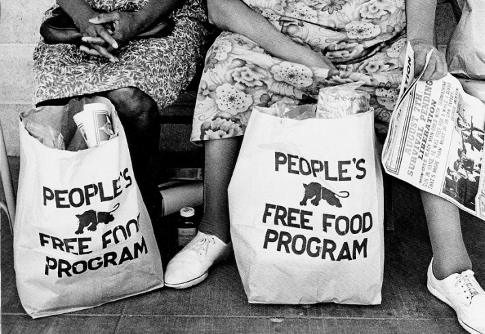
STAY UP TO DATE
GET PATH'S LATEST
Receive bi-weekly updates from the church, and get a heads up on upcoming events.
Contact Us


